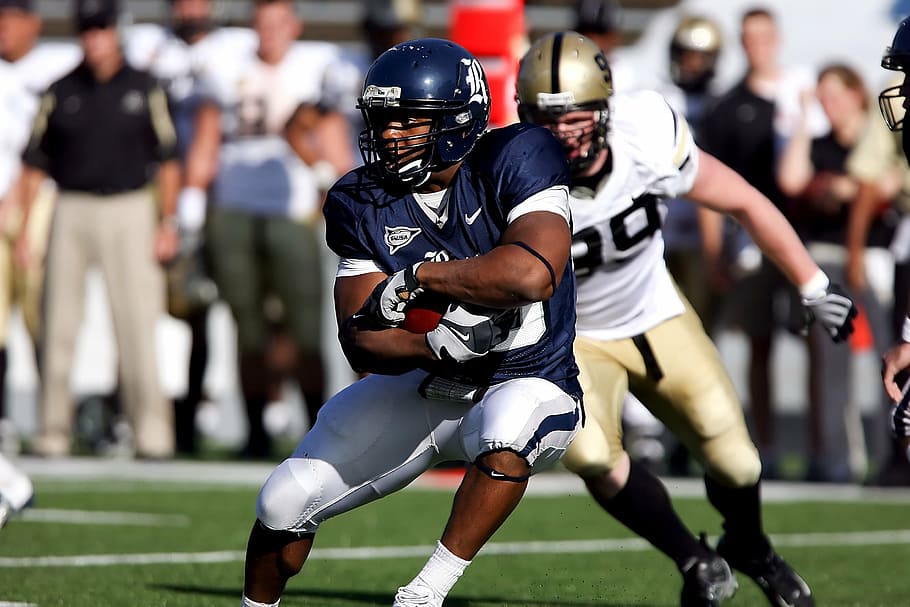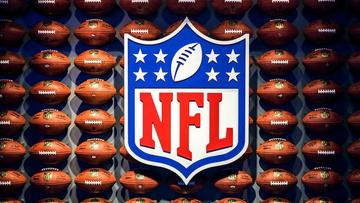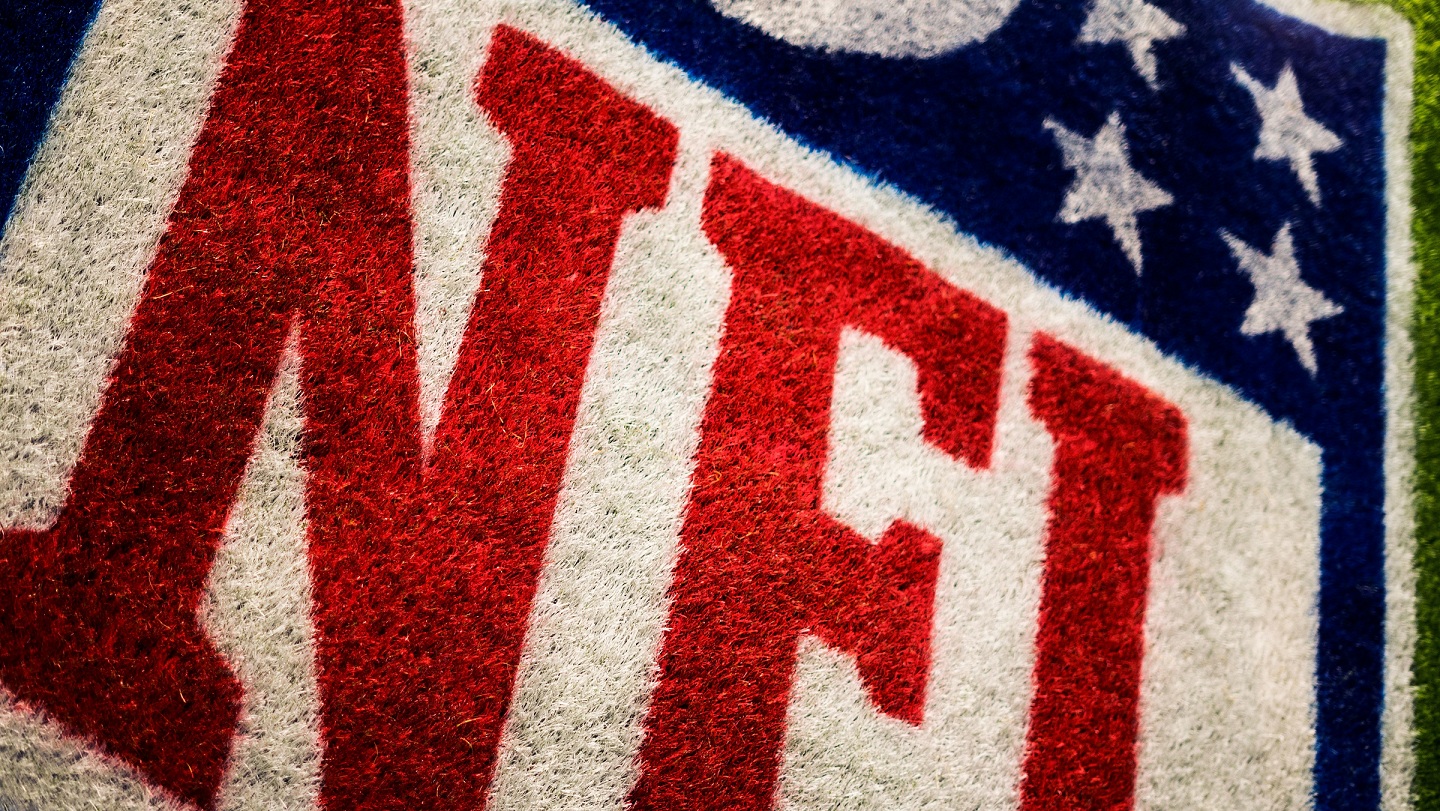The National Football League (NFL) is a prominent symbol of American sports culture; it has captivated millions of fans with its high-intensity games and remarkable athletes. Black athletes in sports have long been integral to the league’s success.
However, examining the challenges and opportunities black athletes face within the organization is crucial as the NFL continues to evolve. This article delves into the pressing issues surrounding black athletes in sports and highlights the changes the NFL needs to implement to promote equality and inclusivity.
History of Trailblazing Black Athletes
Black athletes in sports have a rich history of trailblazing accomplishments that have left an indelible mark on the NFL. These exceptional athletes have defied the odds and reshaped the game by breaking barriers and challenging systemic racism.
From pioneers like Fritz Pollard to iconic figures like Jim Brown, black athletes have shattered racial barriers and paved the way for future generations. Their legacy is a testament to the power of talent and perseverance, inspiring a new era of black excellence in the NFL.
Breaking Barriers: Pioneering Black NFL Players
Black athletes faced significant barriers and systemic racism in the early days of the NFL. However, they persevered to pave the way for future generations. These trailblazers shattered racial barriers, proving that talent knows no color. Fritz Pollard is the perfect example; he became the league’s first black head coach in 1921. Pollard’s inclusion opened doors for other black players and coaches, challenging the discriminatory norms of the time.
From Fritz Pollard to Jim Brown: Iconic Black Athletes That Transformed the Game
Black athletes like Jim Brown left an indelible mark on the game. Brown’s extraordinary skills and dominance on the field propelled him to become one of the greatest players in NFL history. His success allowed increased representation and opportunities for future generations of black players.
A Legacy of Greatness: Black Quarterbacks Rising

Black quarterbacks like Russell Wilson, Deshaun Watson, and Patrick Mahomes in the NFL are helping to break down stereotypes and redefine the position. They have become role models for aspiring young athletes, inspiring a new generation of black quarterbacks.
Diversity in Leadership: The Need for Equal Opportunities
Creating a diverse and inclusive leadership environment within the NFL is crucial to ensure equal opportunities for all. There is a noticeable underrepresentation of black head coaches and executives despite the significant contributions of black athletes in sports. Addressing this disparity is essential for fostering equality and providing talented individuals the chance to excel in leadership roles. The NFL can cultivate a more inclusive and representative league by recognizing the need for equal opportunities.
The Underrepresentation of Black Head Coaches and Executives
A stark underrepresentation of black head coaches and executives is evident in the NFL. However, the league has taken steps to address this disparity and promote inclusivity. One example is the Rooney Rule, implemented in 2003; it requires interviewing candidates from minorities for head coaching and senior football operation positions.
The Rooney Rule: A Step in the Right Direction
The Rooney Rule increases opportunities for black coaches and executives and eliminates biases in the hiring process. While it has helped make great strides in promoting diversity in the NFL, more efforts are needed to ensure lasting change.
Nurturing Talent: Fostering Diversity in Coaching Staff
The NFL must prioritize the development and advancement of black coaches to cultivate a more inclusive environment. Investing in coaching internships, mentorship programs, and leadership training can give aspiring black coaches the tools and opportunities to succeed.
Tackling Discrimination: Addressing Racial Bias
Implicit Bias and Racial Stereotypes in Player Evaluation
Implicit biases and racial stereotypes can unconsciously influence assessments of black athletes in sports in evaluation and scouting. These biases unfairly impact opportunities for talented players and perpetuate systemic discrimination. The NFL must prioritize fair officiating and review systems to address this.
The Importance of Fair Officiating and Review Systems
Maintaining the integrity of the game requires fair officiating; it ensures that referees and officials treat all players, regardless of their race, with fairness and equality.
Combating Discrimination: Education and Sensitivity Training
The NFL can combat racial discrimination by implementing mandatory education and sensitivity training programs. These initiatives can raise awareness about implicit biases, challenge stereotypes, and promote inclusivity among players, coaches, officials, and team personnel.
Empowering Communities: Social Responsibility and Activism

Athlete Advocacy: Leveraging Influence for Social Change
Black athletes in sports have a unique platform to drive social change. They can use their influence and voice to advocate for equality and justice, raising awareness and inspiring others to act. The NFL is already doing its part by promoting equality and justice through initiatives like the Players Coalition and partnering with social justice organizations.
The NFL’s Role in Promoting Equality and Justice
As a prominent sports organization, the NFL is responsible for promoting equality and justice both on and off the field. The league actively contributes to positive societal transformation by supporting social justice initiatives.
Community Engagement: Encouraging Grassroots Empowerment
Engaging with communities at the local level can foster empowerment and address systemic issues. The NFL can support community programs, initiatives, and partnerships that provide resources and opportunities to underprivileged areas; it will empower individuals and promote social and economic advancement.
Final Word
Black athletes have been instrumental in shaping the NFL’s history and bringing entertainment to fans worldwide. However, the league must confront the challenges faced by these athletes head-on. The NFL can create an environment that values and supports black athletes by promoting diversity in leadership, addressing racial bias, prioritizing mental health, and empowering communities.
Embracing these changes will create a more inclusive league and set an example for other sports organizations to follow. As the NFL continues to evolve, it must prioritize equality, ensuring that the game of race is not a barrier but a catalyst for positive change in sports.



